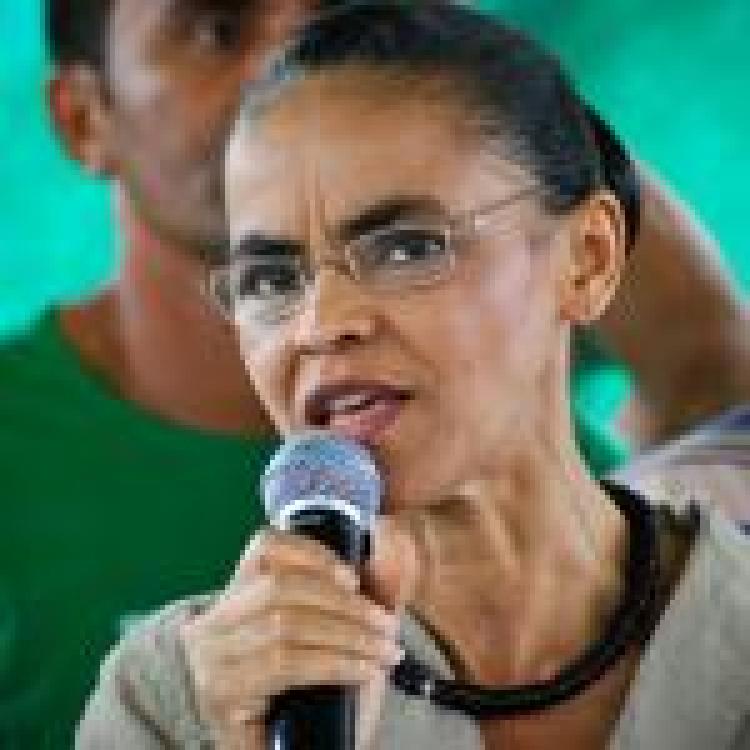Brazil has issued its first-ever apology for the torture and persecution of Indigenous people during the military dictatorship, including the incarceration of victims in an infamous detention centre known as an “Indigenous concentration camp”.
The apology was made on Tuesday by an amnesty commission attached to the human rights ministry that is tasked with investigating the crimes of the 1964-85 regime.
he president of that commission, the law professor Eneá de Stutz e Almeida, knelt before the Indigenous leader Djanira Krenak as she voiced regret for the violence inflicted on the Krenak people.
“In the name of the Brazilian state I want to say sorry for all the suffering your people were put through,” said Almeida, who called the apology the first of its kind in the more than 500 years since Portuguese explorers reached what is now known as Brazil in 1500.
“In truth, I’m not saying sorry [only] for what happened during the dictatorship. I’m saying sorry for the persecution your people – as well as all other native people – have suffered over the last 524 years because of the non-Indigenous invasion of this land, which belongs to you,” Almeida told a hearing in the capital, Brasília.
Despite the scope of that declaration, Tuesday’s apologies concern two specific cases: one relating to the Krenak people from the south-eastern state of Minas Gerais and another relating to the Guarani-Kaiowá from Mato Grosso do Sul, towards Brazil’s western border with Bolivia and Paraguay. Indigenous leaders and historians say both groups were forced from their lands and brutalized by the dictatorship, which seized power after a coup d’état 60 years ago this week.
During the early years of the dictatorship – a period of rapid economic growth known as the “Brazilian miracle” – Brazil’s leaders unleashed a colossal infrastructure and development campaign in the rainforest region, bulldozing roads through remote jungles with scant thought for the Indigenous people who lived there. Disease and violence pushed previously uncontacted peoples to the brink of extinction.
“So many Indigenous lands were invaded during the Brazilian miracle, either by companies or government entities. It was a Brazilian miracle but an Indigenous disaster,” said Krenak, citing the devastation unleashed on the Waimiri Atroari people when a highway was built through their lands towards Venezuela. “They were annihilated by the army’s engineer battalion.”
The Indigenous congresswoman Célia Xakriabá hailed the apology as a “historic day” she hoped would set a precedent for future claims, albeit one more than two decades in the making. (The amnesty commission was set up in 2002.) “[But] there’s no point in saying sorry if Indigenous rights continue to be violated. The wounds inflicted by the violence of the dictatorship have yet to heal and we are still coming under attack,” Xakriabá added, pointing to the 2015 Mariana dam disaster that poisoned the river flowing through Krenak lands with arsenic and mercury.
The apology came at a highly symbolic moment for victims of the dictatorship, when thousands of people were tortured or killed. Sunday marked the coup’s 60th anniversary and relatives of the dead had voiced anger at President Luiz Inácio Lula da Silva’s controversial decision to block official remembrance events – reportedly to avoid irking powerful military chiefs.
Krenak said he did not wish to judge Lula’s decision but believed remembering was essential.
“Dictatorship is a putrid thing. There are those who think dictatorship is about [good] governance. In fact, it’s about slaughter,” said the writer, who recently became the first Indigenous person to join the Brazilian Academy of Letters.
“Those who don’t remember the past are condemned to misery,” Krenak added. “If you don’t ensure new generations – those who are 20, 30 or 40 – know their country’s political history, then you are raising a nation of fools.”
Read more here


